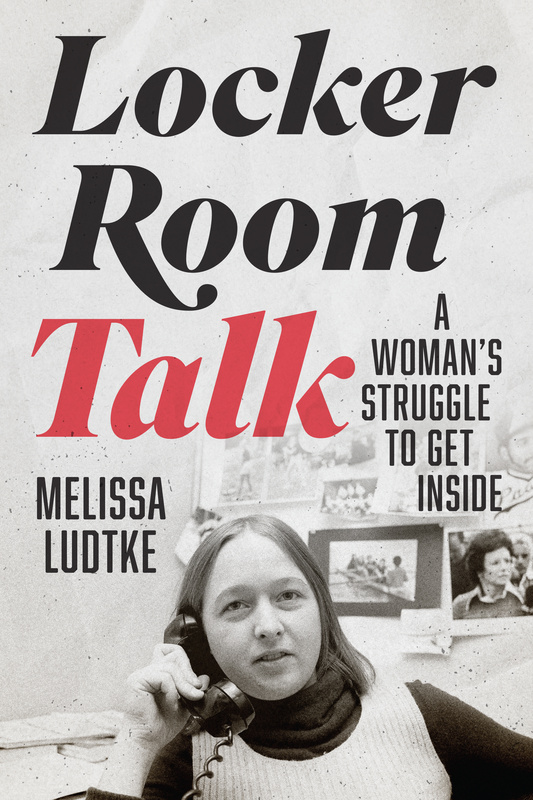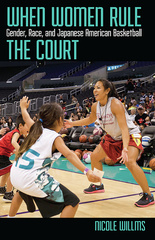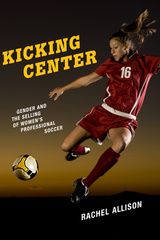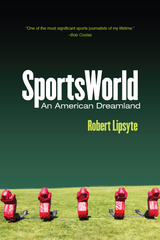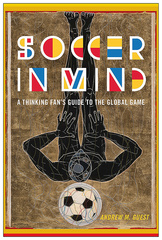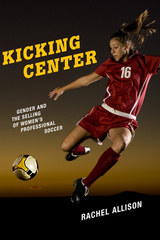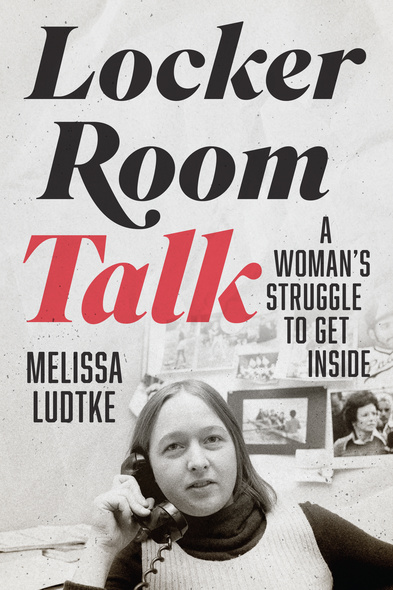
While sportswriters rushed into Major League Baseball locker rooms to talk with players, MLB Commissioner Bowie Kuhn barred the lone woman from entering along with them. That reporter, 26-year-old Sports Illustrated reporter Melissa Ludtke, charged Kuhn with gender discrimination, and after the lawyers argued Ludtke v. Kuhn in federal court, she won. Her 1978 groundbreaking case affirmed her equal rights, and the judge’s order opened the doors for several generations of women to be hired in sports media.
Locker Room Talk is Ludtke’s gripping account of being at the core of this globally covered case that churned up ugly prejudices about the place of women in sports. Kuhn claimed that allowing women into locker rooms would violate his players’ “sexual privacy.” Late-night television comedy sketches mocked her, as newspaper cartoonists portrayed her as a sexy, buxom looker who wanted to ogle the naked athletes’ bodies. She weaves these public perspectives throughout her vivid depiction of the court drama overseen by Judge Constance Baker Motley, the first Black woman to serve on the federal bench. She recounts how her lawyer, F.A.O. “Fritz” Schwarz, employed an ingenious legal strategy that persuaded Judge Motley to invoke the Fourteenth Amendment’s Equal Protection Clause in giving Ludtke access identical to that of her male counterparts. Locker Room Talk is both an inspiring story of one woman’s determination to do a job dominated by men and an illuminating portrait of a defining moment for women’s rights.
This book by Ludtke focuses, in meticulous detail, on the landmark 1978 Ludtke vs. Kuhn case, the impact of the 14th Amendment, and the back-and-forth legal battles for equal rights across history. This shines a light on a court case (litigated well before the 'MeToo' era) that opened doors for women in sports media, and is a good reminder for younger generations of the legal battles that helped women get the rights we have today.'
Shut out of the locker rooms, young Wellesley grad and Sports Illustrated reporter Melissa Ludtke was constantly missing the quotes that she needed to get the story. Locker Room Talk is the gripping first-hand report of how she took on Major League Baseball and with a ruling by Judge Constance Baker Motley, the nation's first Black woman on the federal bench, changed the future of sports journalism for women.
Ludtke takes readers inside her fight for equal access in Major League Baseball. . . . [Ludtke's] cinematic style . . . relie[s] on flashbacks and vignettes to explain the events of the hearing. Such an approach lends itself to a more complex story, bringing to life characters that may once have been what Ludtke called 'hidden figures.'
Locker Room Talk is not just a look back to the 1970s. While women in sports media report inside locker rooms today, what they earn and the jobs they are given are still not equal to men's pay and roles, nor is their treatment. Melissa Ludtke gives us a good hard look at what she went through to win equal access and tells us how she prevailed. Without Melissa Ludtke, none of us are here.
Locker Room Talk gives us a front-row seat at Melissa Ludtke's celebrated courtroom battle when she went up against Major League Baseball and emerged with an enduring win for women's equal rights. I also admire her gutsy decision to share reflective insights on how the plentiful societal backlash against her buffeted her personal life as a 26-year-old woman. Hers wasn't an easy struggle, but she persevered, and we are the better for it.’
Melissa Ludtke's trailblazing career in sports media is a lesson in moral courage, perseverance, and equality. Her deeply personal reflections underscore the challenges she faced and the progress she championed.'
I grew up recounting baseball games to my father, so I loved discovering in Locker Room Talk how Melissa Ludtke’s mother passed down her love of the game to her daughter. For this daughter to now tell us the story of how, as a young woman, she went to court to revolutionize our nation’s most tradition-laden sport provides a splendid resource for historians and a cherished gift for baseball fans.’
When I read about her 1978 court victory while still in college, I knew two things: Melissa was my hero, and women like me now would have the opportunity to do the jobs we loved. In Locker Room Talk, Melissa takes us into Judge Constance Baker Motley’s courtroom as the lawyers argue about her rights, then brings us to the ballpark, where she shone, often as the only woman working the baseball beat.’
In the early 1980s, I interviewed baseball players in locker rooms due to the courageous court fight that Melissa Ludtke had waged for equal access against Major League Baseball in 1978. To read her book, Locker Room Talk, is to relive our challenges as pioneering women sportswriters. She reminds us of the emotional strain that discrimination imposes on those who experience it and then shows us how she overcame it. Brava!’
The word 'legendary' is thrown around a lot. But Ludtke fits the descriptor, and then some. . . . [Locker Room Talk] is a phenomenal read about such an important part of sports history, and a really eye opening look at how hard women have had to fight in the sports world to get to where we are today.
Chapter 1
Chapter 2
Chapter 3
Chapter 4
Chapter 5
Chapter 6
Chapter 7
Chapter 8
Chapter 9
Chapter 10
Chapter 11
Chapter 12
Chapter 13
Chapter 14
Chapter 15
Chapter 16
Chapter 17
Chapter 18
Chapter 19
Chapter 20
Chapter 21
Chapter 22
Chapter 23
Chapter 24
Chapter 25
Chapter 26
Chapter 27
Chapter 28
Chapter 29
Chapter 30
Epilogue
Acknowledgments
Selected Bibliography
Index

